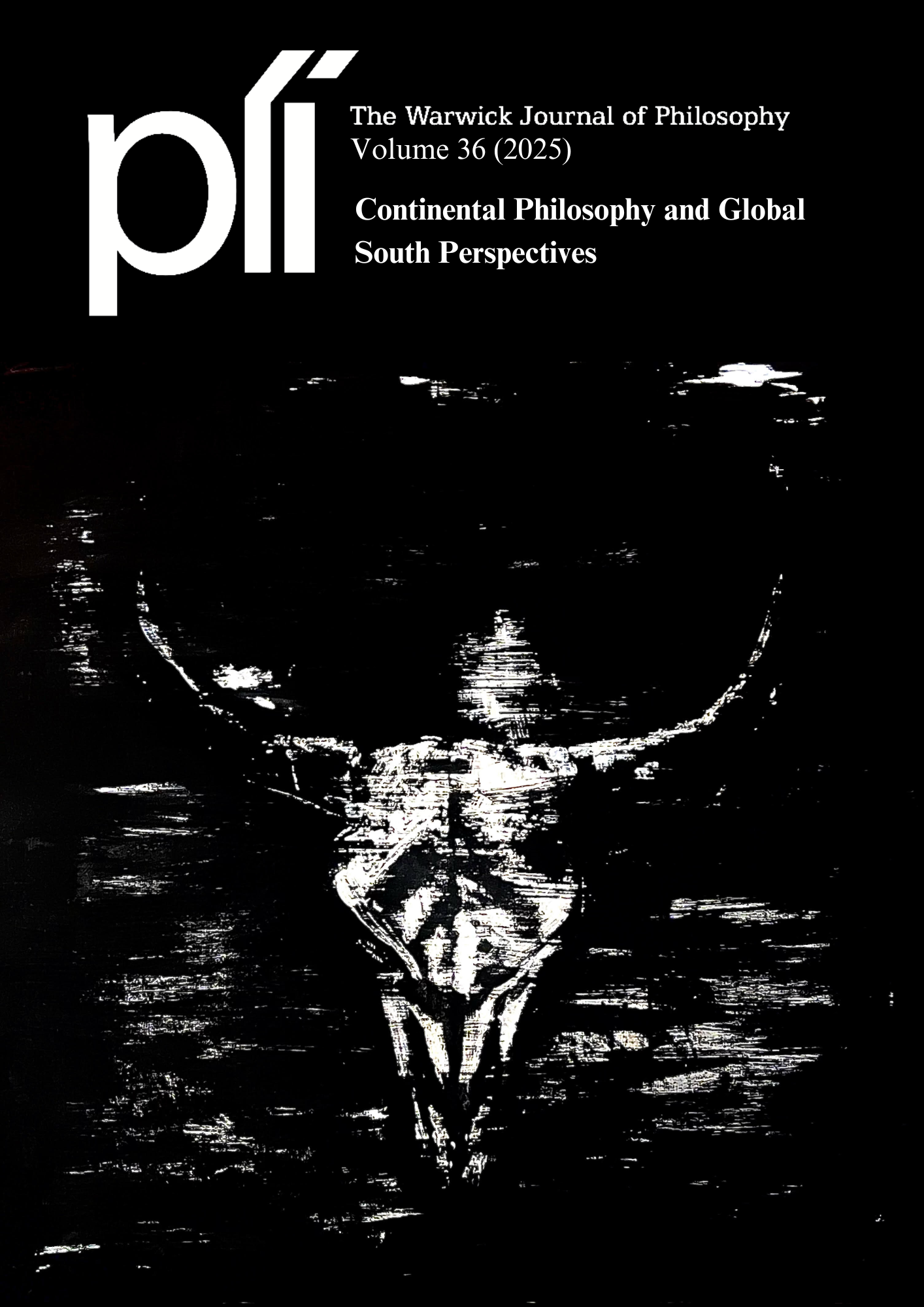Abstract
August Wilhelm von Schlegel’s edition and Latin translation of the Bhagavadgītā, with its pioneering application of the methods of Classical Philology to a Sanskrit text, played an important role in establishing Indology as a scholarly discipline in Europe. But Schlegel’s work, and the critical debate that it catalysed, which would draw contributions from Wilhelm von Humboldt and eventually G. W. F. Hegel, also provides a rich—and largely neglected—source of philosophical enquiry. The technical business of creating, refining, and justifying a translation of ancient Indian philosophical poetry ultimately forces reflection on the nature of conceptual and linguistic diversity across cultures, the essence of language, and the hermeneutical process of understanding a foreign culture. This paper, after a general historical introduction, offers a translation of a generous selection of Schlegel’s original (Latin) preface to his Bhagavad-Gita, a document fundamental to the ensuing debate, but which has not yet been translated into English. This is followed by a brief philosophical commentary, which leads into an extended discussion of the responses to Schlegel’s work and his replies, up to the (posthumous) second edition of his Bhagavad-Gita, illustrated throughout with translations of selected passages. It is thus possible to track not only the increasingly sophisticated reflections of Schlegel and Humboldt on translation and understanding, but also the development of a hermeneutic method for approaching Indian texts, involving the epistemological evaluation of the Indian scholarly tradition. The discussion concludes with a brief assessment of the contribution of Hegel, and its relationship to the preceding debate.

This work is licensed under a Creative Commons Attribution-NonCommercial-ShareAlike 4.0 International License.
Copyright (c) 2025 Nicholas Romanos

